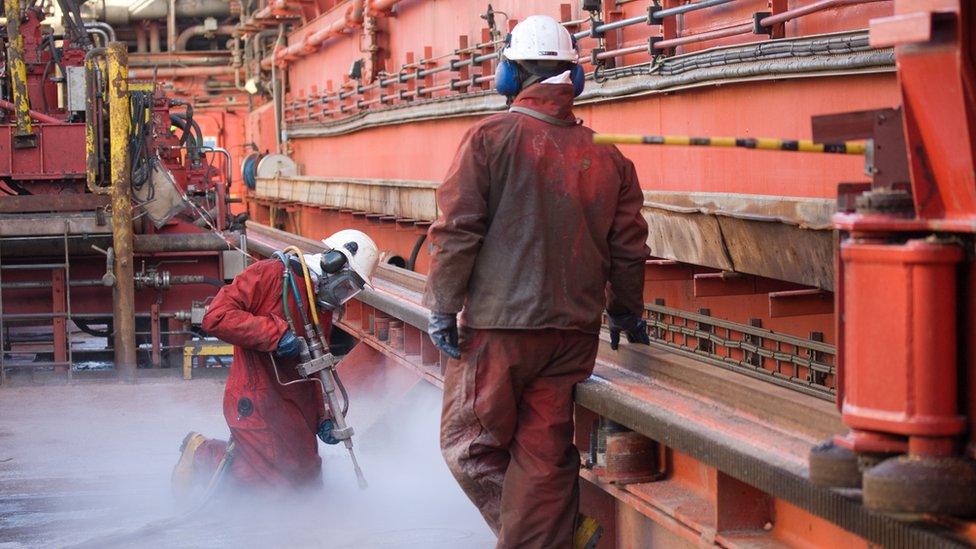Harbour Energy to shed 350 UK onshore jobs, blaming windfall tax
- Published

The vast majority of Harbour Energy's UK onshore staff are based in Aberdeen
The UK's largest oil and gas producer has told staff it expects to shed 350 UK onshore jobs, blaming the UK government's windfall tax.
Harbour Energy has been carrying out a review of its operations since January, after warning that it was re-assessing its future activity in the UK.
The vast majority of its 1,200 UK onshore staff are based in Aberdeen.
A statement from the company said it was working hard to mitigate the impact of the workforce reduction.
The statement said: "When we announced the review, we said that as a result of the energy profits levy, which results in an effective tax rate of 75% in the UK regardless of the level of oil and gas prices in the market or realised, we have had to reassess our future activity level in the UK," the company said.
"At our full year results in March, we explained this would 'lead to a significant reduction in our UK workforce'.
"We are working hard to mitigate the impact of this reduction, by for example, a recruitment freeze and opening a voluntary redundancy scheme. These figures do not include UK-based corporate and international roles, which are still being reviewed.
"Nor do they include our offshore organisation, where we expect the impact to be significantly lower. We are very conscious of the impact of this news on our people, and we are carrying out the review fairly and with consideration for everyone who is affected."
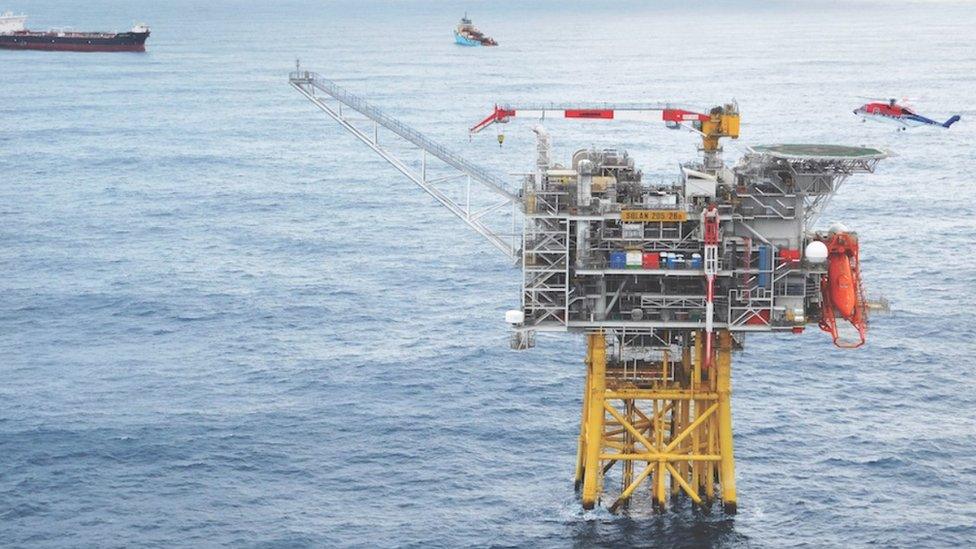
Harbour Energy is the UK's largest oil and gas producer
HM Treasury said: "The Energy Profits Levy strikes a balance between funding cost of living support from excess profits while encouraging investment in order to bolster the UK's energy security.
"We have been clear that we want to encourage reinvestment of the sector's profits to support the economy, jobs, and our energy security, which is why the more investment a firm makes into the UK, the less tax they will pay."
'Tip of iceberg'
Friends of the Earth Scotland's Freya Aitchison said blaming the windfall tax for job cuts was "yet more proof that the oil and gas industry continues to prioritise company profits over the needs of workers and communities".
She said: "To provide workers with a truly secure future, we need to see Government action that delivers a fast and fair transition away from volatile oil and gas to decent green jobs in the renewable industry."
Ryan Crighton, policy director at Aberdeen and Grampian Chamber of Commerce (AGCC), said the organisation's thoughts were with the people who would be out of work - and warned it could become the "tip of a terrifying iceberg" for the north east of Scotland.

How does the windfall tax work?
Energy firm profits have soared recently, initially due to rising demand after Covid restrictions were lifted, and then because Russia's invasion of Ukraine raised energy prices.
Prime Minister Rishi Sunak introduced the 25% Energy Profits Levy, external when he was chancellor.
In the autumn, current Chancellor Jeremy Hunt announced it would increase to 35% from January 2023, and run until March 2028. It was previously due to finish at the end of 2025.
The levy applies to profits made from extracting UK oil and gas, but not from other activities - such as refining oil and selling petrol and diesel on forecourts.

Harbour Energy posted pre-tax profits of $2.5bn (£2.1bn) for 2022.
However tax - including $1.5bn set aside for the Energy Profits Levy - contributed to the company posting just $8m in post-tax profit.
Reduced debt
In its earlier annual results, Harbour said that it "delivered materially higher production" and improved margins in 2022.
But chief executive Linda Cook said the levy had "disproportionately impacted the UK-focused independent oil and gas companies".
She added at the time: "For Harbour, the UK's largest oil and gas producer, it has all but wiped out our profit for the year. This has driven us to reduce our UK investment and staffing levels.
"Given the fiscal instability and outlook for investment in the country, it has also reinforced our strategic goal to grow and diversify internationally."
In 2022, the company reduced its net debt, excluding certain fees, from $2.3bn to $0.8bn.
Harbour distributed $553m to shareholders, while the company proposed a $100m final dividend.
A new share buyback plan worth $200m was also revealed.
- Published9 March 2023
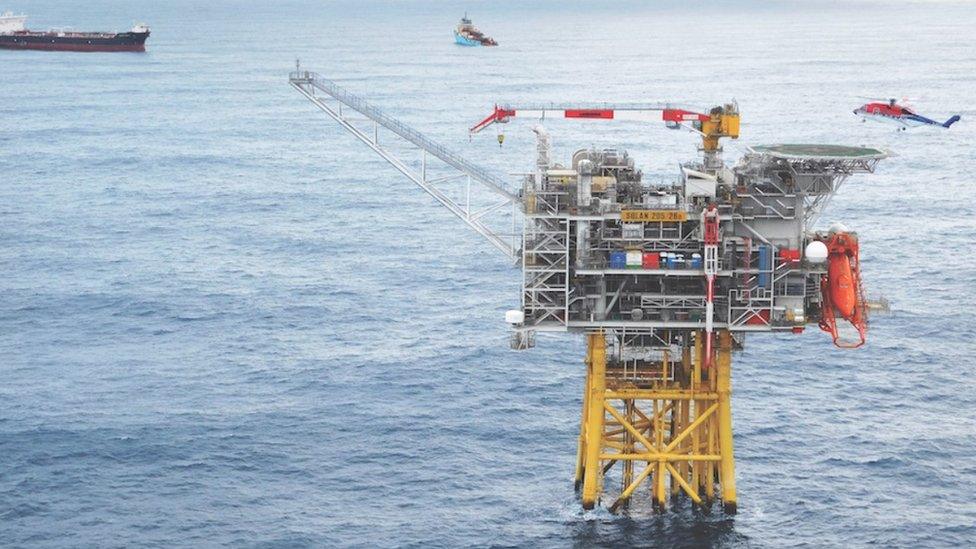
- Published18 January 2023
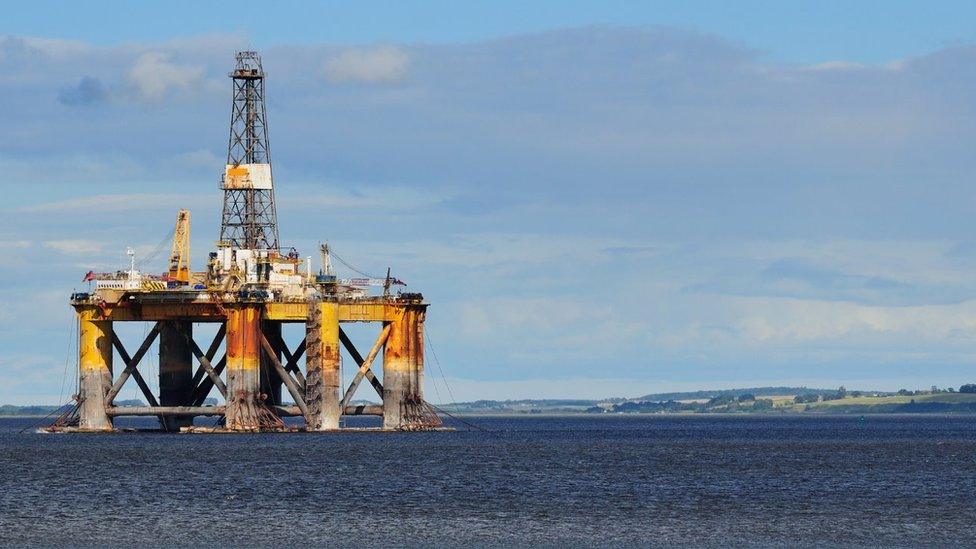
- Published9 March 2023
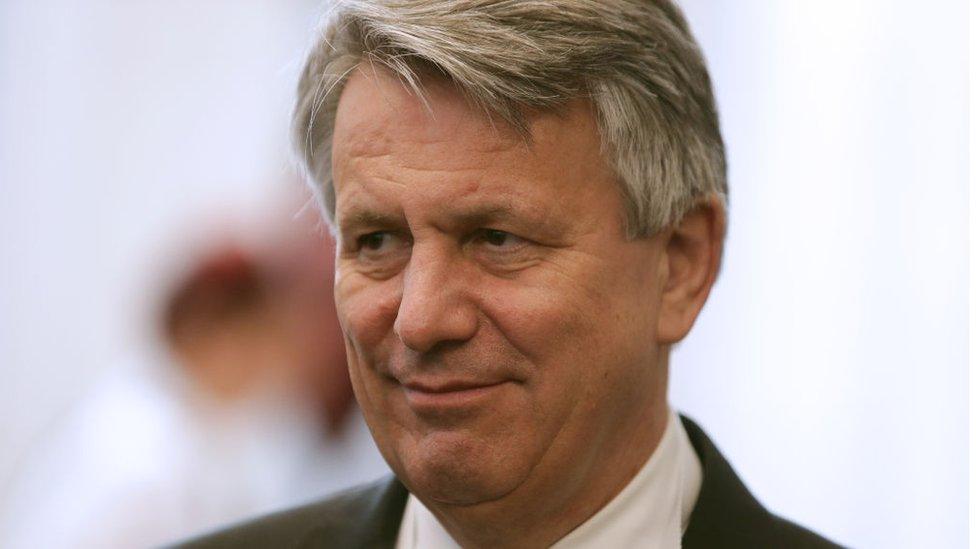
- Published22 October 2024
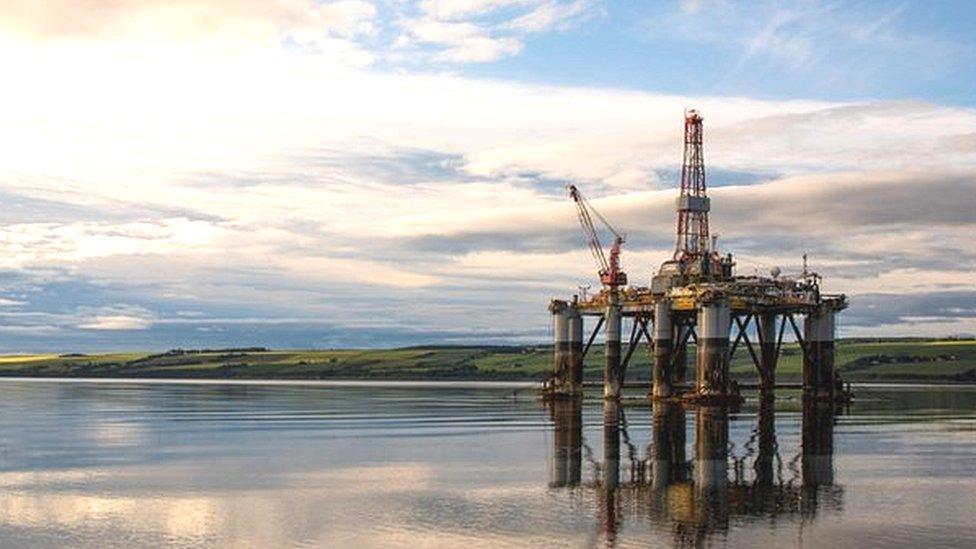
- Published2 December 2022
